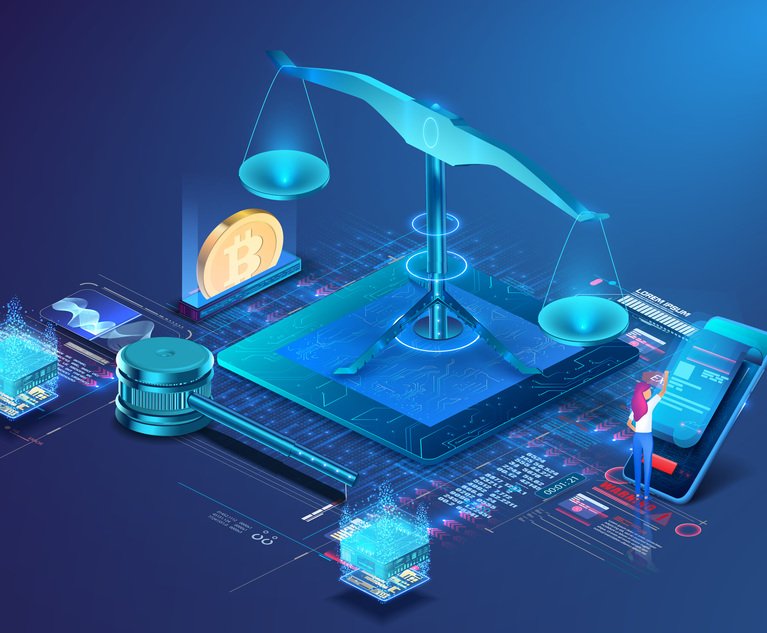
As generative artificial intelligence (AI) continues to capture the attention of lawyers in the legal tech industry, it’s worth reflecting on the journey of another groundbreaking technology: blockchain. While blockchain-related law firm practices are still expanding, it appears that blockchain may have lost some of its development potential in the eyes of some lawyers.
Over the past year, generative AI has taken center stage in the legal technology menu. Its ability to analyze vast amounts of legal data, generate contracts and legal documents, and even predict legal outcomes has generated significant interest and excitement within the legal profession. However, before the rise of generative AI, it was blockchain that had lawyers and legal tech enthusiasts buzzing.
Blockchain technology, with its promise of secure and transparent transactions, decentralized digital currencies, and smart contracts, was hailed as a revolutionary technology that would transform various industries, including the legal sector. It offered the potential to streamline processes, improve security, and increase efficiency in areas such as contract management, intellectual property protection, and supply chain management.
However, the hype around blockchain seems to have quieted down in recent times. One indicator of this is the lack of blockchain-focused sessions at legal technology conferences. While blockchain undoubtedly has potential and continues to be explored in various industries, including finance and healthcare, it appears to have taken a backseat in the legal tech world.
This shift in focus may be due to various factors. Firstly, generative AI technology has shown tangible benefits and results in the legal industry. It has demonstrated its ability to automate repetitive tasks, analyze large volumes of legal data, and provide valuable insights and predictions. The practical applications and immediate impact of generative AI are perhaps more visible and appealing to lawyers.
Secondly, the legal industry’s cautious approach to adopting new technologies may play a role. Blockchain technology is still relatively new, and while it offers potential benefits, there are challenges and complexities associated with its implementation. Lawyers, who are trained to be risk-averse and prioritize security and compliance, may be more hesitant to embrace blockchain compared to generative AI, which they can see in action and evaluate its impact.
However, it’s important to note that the interest in blockchain has not completely disappeared. Law firms continue to explore blockchain applications in areas such as smart contracts, legal document verification, and digital identity management. Blockchain-based platforms and startups are also emerging to provide specific solutions to the legal industry’s needs.
While generative AI may have captured the spotlight for now, it’s possible that blockchain will regain attention in the future. As the technology matures, becomes more standardized, and addresses existing challenges, lawyers may recognize its value and potential. The key is to continue monitoring blockchain’s development and exploring its applications in the legal sector.
In conclusion, while generative AI has definitely captured the attention of lawyers in the legal tech industry, it does not mean that blockchain has been forgotten. Blockchain-related law firm practices are still expanding, and the technology continues to be explored for its potential benefits. As the legal industry becomes more comfortable with emerging technologies, including generative AI and blockchain, we may see a resurgence of interest in blockchain and its integration into legal processes.






